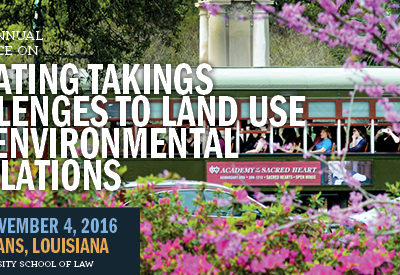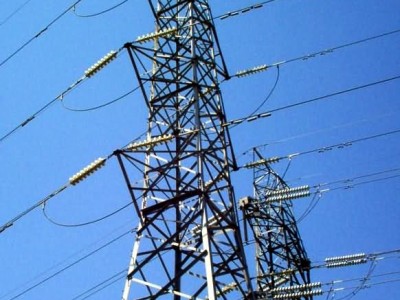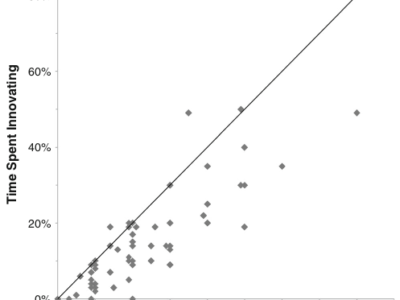Regulation
The (Relatively) Unknown Treasures of the National Park Service
Our National Park System Consists of Far More Than Just National Parks
When most Americans think of the National Park Service, they contemplate the nation’s stellar collection of national parks: Yellowstone, Yosemite, the Everglades and the other 56 parks created by acts of Congress since 1872. But that’s only part of the story and holdings of the National Park Service, which celebrates its 100th birthday this week. …
Continue reading “The (Relatively) Unknown Treasures of the National Park Service”
CONTINUE READINGCalifornia Supreme Court Holds Unanimously that the State May Restrict Mining Methods on Federal Lands
Court in People v. Rinehart Upholds State Moratorium on Suction-Dredge Mining
Last year, as I discussed in a prior post, the California Supreme Court granted the State of California’s petition for review in the case of People v. Rinehart. I’m pleased to say that today, the Supreme Court has issued a unanimous opinion, authored by Justice Werdegar, in favor of the state’s moratorium on suction-dredge mining on federal lands. …
CONTINUE READINGUpcoming Regulatory Takings Conference 2016
Nation’s Top Annual Takings Event Set for November 4th in New Orleans
One of the most important issues in modern environmental law and policy is the extent to which constitutionally-protected property rights limit environmental regulatory programs at the federal, state and local levels. Indeed, the U.S. Supreme Court has focused more attention on this question over the last four decades than any other aspect of modern environmental …
Continue reading “Upcoming Regulatory Takings Conference 2016”
CONTINUE READINGLegal Analysis of CAISO Expansion
We don’t foresee changes to FERC jurisdiction or Commerce Clause validity
The California Independent System Operator — known as CAISO — is considering expanding its footprint to include Pacific Corp as a participating transmission owner. CAISO recently commissioned a study that Professor William Boyd of the University of Colorado and I authored, in consultation with Ethan Elkind of Berkeley and UCLA and Sho Sato Professor …
Continue reading “Legal Analysis of CAISO Expansion”
CONTINUE READINGWhither the 2016-17 Court on Environmental Cases?
Docket so far limited to a significant takings case, Murr v. Wisconsin
So far, the docket for the U.S. Supreme Court’s term beginning in October includes no significant statutory environmental case. It does include an important takings case that could limit or expand the land use powers of all levels of government to protect wetlands, endangered species habitat, and other ecologically sensitive parcels. Whether the Court ultimately …
Continue reading “Whither the 2016-17 Court on Environmental Cases?”
CONTINUE READINGDo water managers’ perceptions influence innovation?
New survey probes the innovation deficit
Climate change and population growth are rapidly increasing stress on our water systems, challenging their ability to deliver critical services. To respond to this, we need more than simple course adjustments in how we manage our water – we need entirely new paradigms that will improve resource efficiency and support more sustainable urban water systems. Considerable …
Continue reading “Do water managers’ perceptions influence innovation?”
CONTINUE READINGThe Slow Pace of Rulemaking
Rulemakings take a long time. We don’t really know what causes the delays.
A recent study by Public Citizen reports that it takes about 2.5 years to issue an economically significant rule, starting from the time the rule is first listed in the regulatory agenda. There are major differences between agencies – an economically significant rule takes EPA almost four years, rather than the 2.5 years needed by …
Continue reading “The Slow Pace of Rulemaking”
CONTINUE READINGMajor Settlement Announced in Volkswagen Emissions Fraud Litigation
$14.7 Billion Civil Enforcement Settlement is a Victory for Consumers, Environmental Prosecutors
Federal and state environmental prosecutors today announced a proposed settlement of government civil enforcement litigation they’ve pursued against Volkswagen in response to the automaker’s acknowledged efforts to cheat federal and state auto emission standards and defraud consumers. The complex settlement, lodged with the assigned U.S. district court judge in San Francisco, requires Volkswagen to pay …
Continue reading “Major Settlement Announced in Volkswagen Emissions Fraud Litigation”
CONTINUE READINGThe End-game for Diablo Canyon?
A landmark agreement supports the closure of a controversial nuclear plant.
Today’s announcement that the Pacific Gas & Electric Company (PG&E) has reached an agreement with several environmental and labor groups to plan for the eventual shutdown of the Diablo Canyon Nuclear Plant is a stunning development, when viewed in an historical perspective. PG&E has agreed not to seek new licenses for its power plant that …
Continue reading “The End-game for Diablo Canyon?”
CONTINUE READINGGaming Out Environmental Law: 2017-2019
The heavens or the abyss? Or somewhere in between?
What happens after November? A lot depends on who’s the next President, but the congressional elections also matter. Basically, a Trump victory would mean at least a rollback of much of Obama’s environmental legacy, and perhaps passage of the current House deregulatory agenda into law. A Clinton victory would be likely to preserve or strengthen the …
Continue reading “Gaming Out Environmental Law: 2017-2019”
CONTINUE READING









